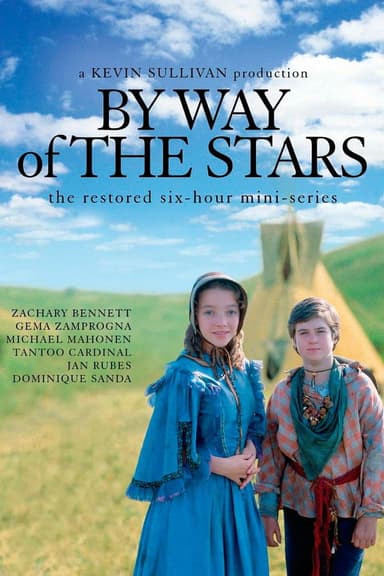
The History Man
1981 • Comedy
Ardently left-wing, or so it seems, Howard Kirk (Antony Sher) subtly extends his power over students and colleagues alike at a redbrick university.
Why you should read the novel
If you're craving a truly immersive experience, reading Malcolm Bradbury's The History Man delivers far more than any screen adaptation. The novel offers incredibly rich character insights and sharp, biting satire, revealing the complexities of academic life in 1970s Britain that television simply can't capture. With its witty prose and nuanced exploration of radical politics and personal relationships, the book draws readers deeply into Howard Kirk's world, highlighting the subtle details and motivations behind every action.
Choosing the novel over the TV series allows you to savor Bradbury's unique writing style and enjoy his clever turns of phrase, which often get lost on screen. The narrative's introspective depth and multilayered commentary provide a more authentic and comprehensive view of the story's social context. Readers can take their time and fully appreciate the book's carefully constructed atmosphere and themes.
For those seeking an intellectual challenge combined with vibrant storytelling, The History Man novel comes highly recommended. You'll gain a greater understanding of the characters’ motivations and the era's ideological conflicts. Don’t miss out on Malcolm Bradbury’s literary craft—pick up the book and experience academic satire at its finest.
Adaptation differences
One of the primary differences between the BBC television adaptation of The History Man and Malcolm Bradbury's original novel lies in the complexity of character portrayal. While the TV series showcases Howard Kirk's outward charisma and radical persona, the book delves much deeper into his psyche, motivations, and contradictions. Bradbury’s nuanced character development renders Kirk both charismatic and deeply flawed—dimensions that can only be fully explored on the page.
Additionally, the novel provides a rich narrative voice filled with irony and wit, inviting readers to engage with the satire on a more intellectual level. The television adaptation, by necessity, streamlines the narrative, sometimes sacrificing the subtlety and humor present in Bradbury's prose. Important internal monologues and background reflections are left out or minimized, limiting the viewer’s understanding of the historical and political critiques.
Another key difference is the handling of secondary characters and subplots. In the book, Bradbury weaves a tapestry of academic life, introducing a range of faculty members and students whose interactions help to build the larger satirical landscape. The TV series, constrained by run-time and visual storytelling, often condenses or omits these elements, which can result in a less layered view of the academic community and its ideological tensions.
Finally, the book offers a unique depiction of academic culture and 1970s social politics that extends beyond the visual interpretation of the series. The detailed prose and contextual commentary allow readers to immerse themselves in the era and grasp nuances that are often glossed over on screen. For those seeking a thorough exploration of academic satire and cultural critique, the novel remains an essential and more rewarding source.
The History Man inspired from
The History Man
by Malcolm Bradbury

